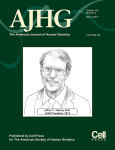 In August, the U.S. Office of Research Integrity announced that a former postdoctoral fellow at the National Human Genome Research Institute (NHGRI) doctored data in two published papers.
In August, the U.S. Office of Research Integrity announced that a former postdoctoral fellow at the National Human Genome Research Institute (NHGRI) doctored data in two published papers.
It took one journal a little longer than five months to remove the researcher’s name from the co-author list, and replace one figure.
It took the second journal more than eight months to retract the paper.
Here’s the notice for “A BLOC-1 Mutation Screen Reveals that PLDN Is Mutated in Hermansky-Pudlak Syndrome Type 9,” published by the American Journal of Human Genetics (AJHG):
Continue reading Journal retracts paper eight months after U.S. Feds announce findings of misconduct
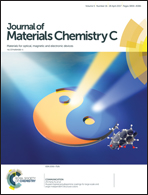

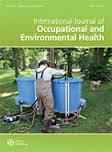 A representative of Taylor & Francis has responded to concerns raised by former and current editorial board members of an occupational health journal, after the publisher took some significant actions without consulting the board.
A representative of Taylor & Francis has responded to concerns raised by former and current editorial board members of an occupational health journal, after the publisher took some significant actions without consulting the board.
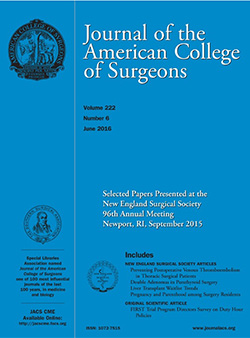 A journal has retracted
A journal has retracted 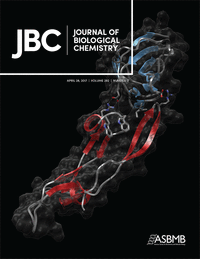
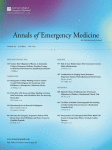 A journal has temporarily removed a paper showing the dramatic differences in the cost of providing emergency care that
A journal has temporarily removed a paper showing the dramatic differences in the cost of providing emergency care that 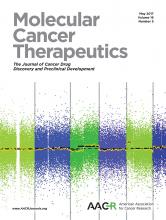 The former vice chancellor for research at the University of California, Los Angeles, has
The former vice chancellor for research at the University of California, Los Angeles, has